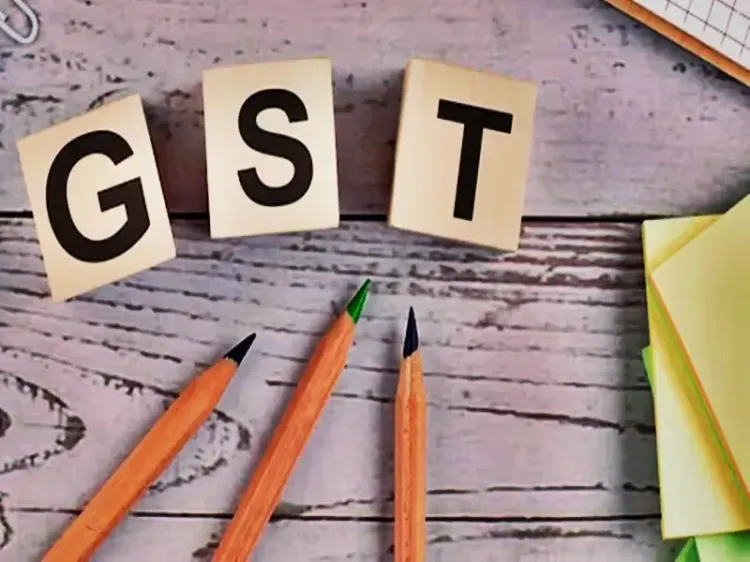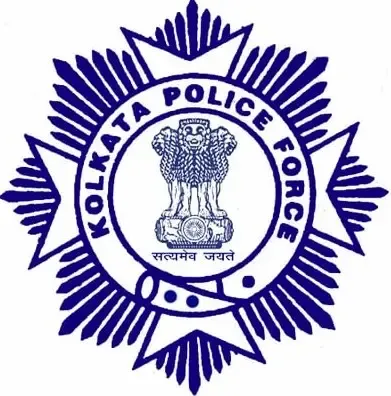CBIC Releases Updated Guidelines for GST Registration Applications

Synopsis
Key Takeaways
- Updated guidelines from CBIC for GST registration.
- Focus on reducing compliance burden for taxpayers.
- Officers instructed to follow a specific document list.
- Approval required for additional document requests.
- Increased GST collections reflect better compliance.
New Delhi, April 18 (NationPress) The Central Board of Indirect Taxes (CBIC) has released updated guidelines for officers handling GST registration applications. These changes aim to ease the compliance burden on taxpayers and enhance transparency based on established rules, as announced on Friday.
The CBIC has received numerous complaints from applicants regarding challenges faced during the GST registration process, primarily due to requests for additional documents by officers.
To address these issues and streamline the GST registration process, the CBIC has introduced new guidelines.
According to the Ministry of Finance, officers are required to strictly follow the predefined list of documents provided in the registration application form. Specific documents that need to be uploaded in particular cases have also been clarified in these guidelines.
Officers have been instructed not to issue notices based on assumptions, minor errors, or requests for unnecessary documents that do not pertain to the application processing.
Furthermore, they are mandated to obtain approval from the relevant Deputy/Assistant Commissioner when additional documents beyond the specified list are requested.
The Zonal Principal Chief Commissioner/Chief Commissioners have been encouraged to establish mechanisms for close oversight and to issue appropriate trade notices when necessary.
Strict actions will be enforced against officers who fail to comply with these new instructions.
The Ministry stated, “These changes will further facilitate the GST registration process, reduce compliance burdens, and enhance the ease of doing business.”
In related news, India's goods and services tax collections increased by 9.9 percent to Rs 1.96 lakh crore in March this year compared to the same month last year, indicating higher economic activity and improved compliance.
GST collections sequentially rose by 6.8 percent from the Rs 1.84 lakh crore revenue recorded in February. The gross GST revenue in March comprised Rs 38,100 crore from Central GST, Rs 49,900 crore from State GST, Rs 95,900 crore from Integrated GST, and Rs 12,300 crore from compensation cess.










